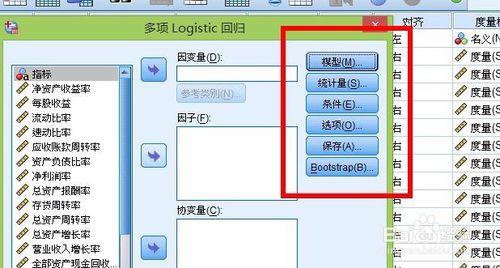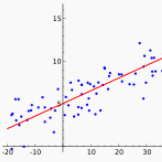The success of a football team depends on various individual skills and performances of the selected players as well as how cohesively they perform. We propose a two-stage process for selecting optimal playing eleven of a football team from its pool of available players. In the first stage a LASSO-induced modified multinomial logistic regression model is derived to analyse the probabilities of the three possible outcomes. The model considers strengths of the players in the team as well as those of the opponent, home advantage, and also the effects of individual players and player combinations beyond the recorded performances of these players. In the second stage, a GRASP-type meta-heuristic is implemented for the team selection which maximises its probability of winning. The work is illustrated with English Premier League data from 2008/09 to 2015/16. The application demonstrates that the model in the first stage furnishes valuable insights about the deciding factors for different teams whereas the optimisation steps can be effectively used to determine the best possible starting lineup under various circumstances. We propose a measure of efficiency in team selection by the team management and analyse the performance of the teams on this front.
翻译:成功的足球队伍取决于选手的各种个人技能和表现,以及他们的协同表现。我们提出了一个两阶段的过程来从可用球员池中选择最佳的11名踢球者。在第一阶段中,我们提出了一个LASSO引导的修正多项逻辑回归模型,用于分析三种可能结果的概率。该模型考虑了球队和对手的球员实力,主场优势以及个人球员和球员组合的影响,超越了这些球员的记录表现。在第二阶段,我们实现了GRASP类型的元启发式方法,用于选择可以最大限度地提高胜率的阵容。该工作以2008/09至2015/16年的英格兰超级联赛数据为例。应用演示了第一阶段的模型提供了有关不同团队的决定因素的有价值见解,而优化步骤可以有效地用于在各种情况下确定最佳的首发阵容。我们提出了一种衡量团队管理效率的指标,并分析了球队在这方面的表现。


